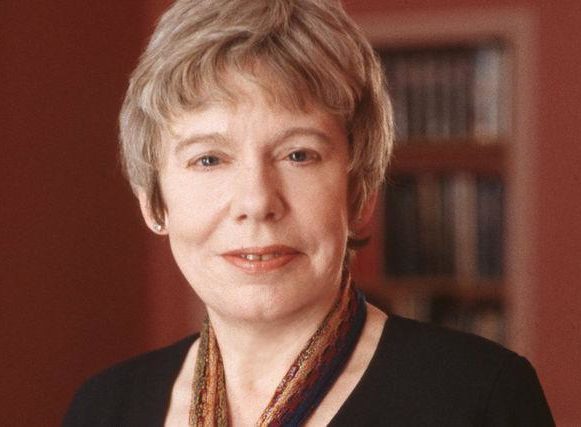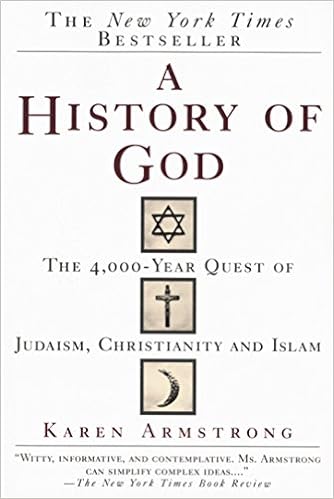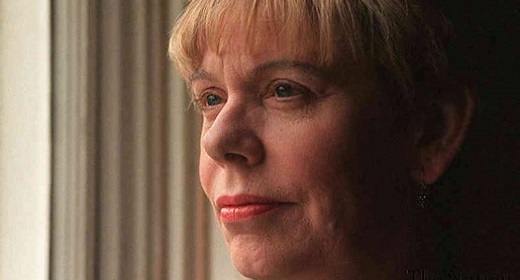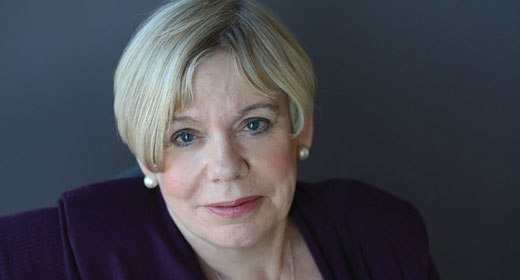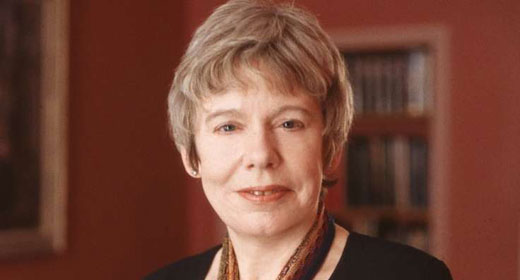Karen Armstrong is one of the best known and most popular writers on religion today. She has authored twelve books, including the best-seller A History of God, and created a six-part documentary television series in England on the life of Saint Paul. At age seventeen she took vows of chastity and poverty, and entered the Roman Catholic order of the Society of the Holy Child Jesus. Seven years later she left the convent and in 1982 published her first book, Through the Narrow Gate, which chronicles her life as a nun. Shortly thereafter she published a second autobiographical book about the religious life, Beginning the World.
Ms. Armstrong studied at Oxford University, where she read literature and wrote a doctoral thesis that was subsequently rejected by an external examiner and which prompted her departure from academia. She took a position teaching English at a girls’ school for several years, and is presently teaching Christianity at London’s Leo Baeck College for the Study of Judaism.
Armstrong’s achievements as an independent scholar focusing on the three great monotheistic religions, Christianity, Judaism, and Islam, have earned her a reputation as a major contributor to interfaith understanding and respect. Her books on Islam and Muhammed have given many Westerners their first clear and unbiased insight into the history and teachings of this great tradition and its prophet. With the recent publication of a biography of Buddha, she is extending her reach into the East and offering readers another accessible, if unconventional, account of one of the most influential religious teachers of all time.
Ms. Armstrong writes regularly for The Guardian and is at work on her thirteenth book about religion in the axial age.

